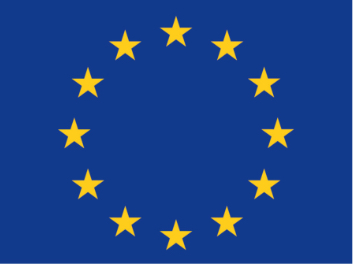Hospital-acquired pneumonia (HAP) is defined as a respiratory tract infection that occurs 48 hours or more after hospital admission – as opposed to a pneumonia contracted by a person outside of the healthcare system: referred to as community-acquired pneumonia (CAP). Among HAPs, ventilator-associated pneumonia (VAP) develops in intensive care unit (ICU) patients who have been mechanically ventilated for at least 48 h.
HAP is the most frequent cause of hospital-acquired infections, with 500,000 episodes being treated every year in Europe, and accounts for 22% of all hospital acquired infections. Despite the development of European recommendations[1], the incidence of HAP has barely decreased over the last decades and still routinely exceeds 10 cases /100 hospitalisations in critically ill patients.
While management of CAP is straightforward in most cases, the medical consequences of HAP are dramatic: with prolonged hospitalization, long-term asthenia and depression, and increased risk of death. The economic burden of ICU-acquired pneumonia, particularly VAP, is important. The patients often require longer periods of ventilatory assistance and have significantly longer ICU and hospital stays. On a per-case basis VAP is associated with additional unadjusted hospital costs ranging between 40,000 and 49,000 USD in the USA. In France, the average cost for each day in intensive care unit (ICU) is 2,000 euros/day, and the cost of each episode of HAP is 40,000 euros.
HAP is also the main cause of antibiotics consumption in European hospitals, and is moreover increasingly induced by drug-resistant pathogens: leaving doctors with a shortage of treatment options for a rising number of patients.
The HAP2 project proposes a reappraisal of the physiopathology of HAP that will radically change our understanding of the mechanisms involved in the genesis of HAP, based on the concept of respiratory dysbiosis, know more.
[1] Torres et al. Eur Respir J 2017
